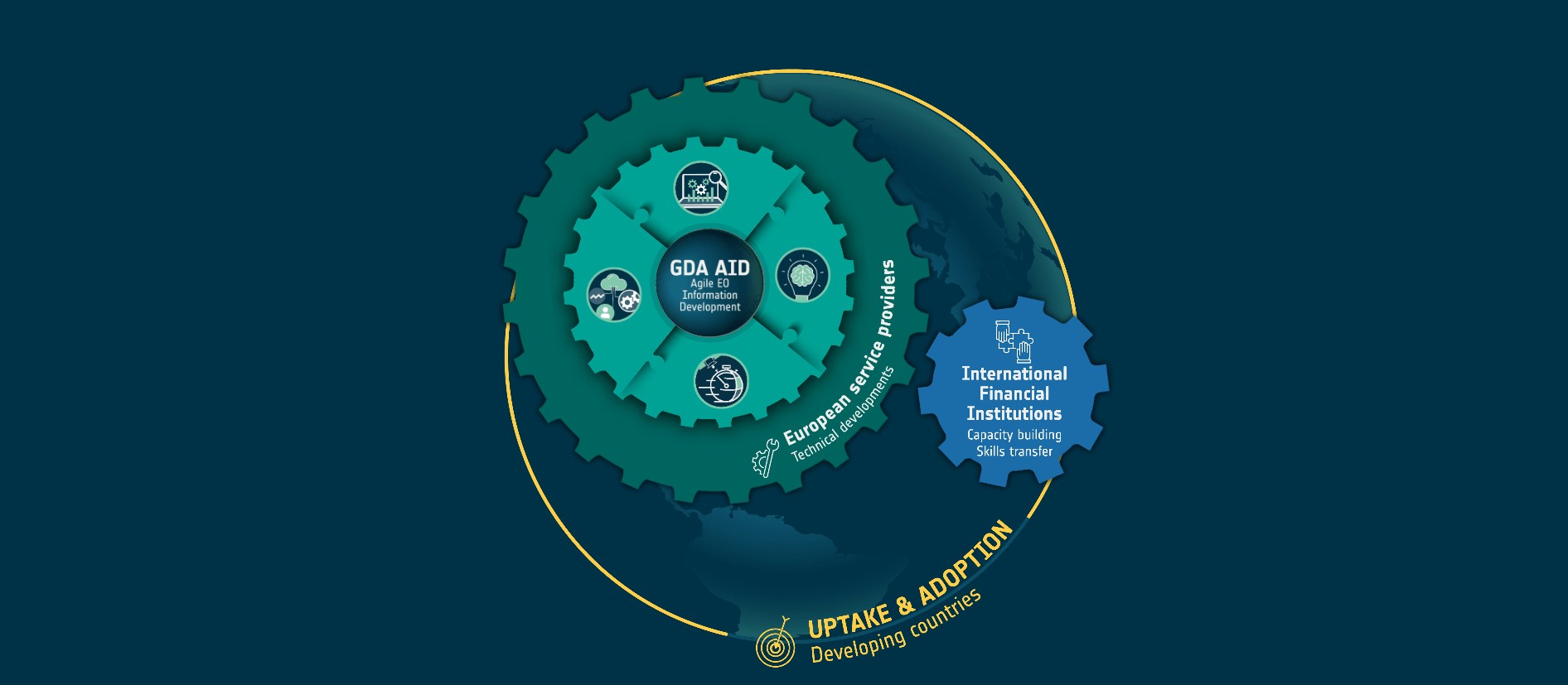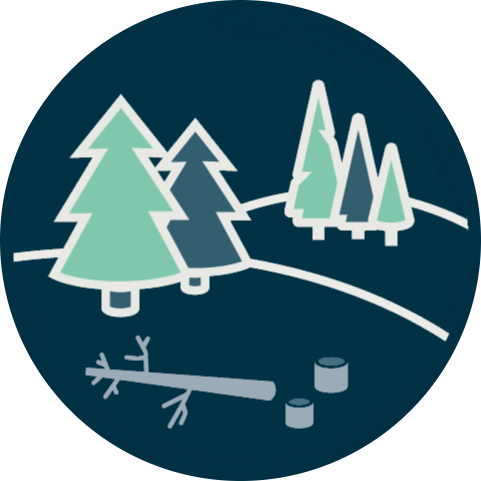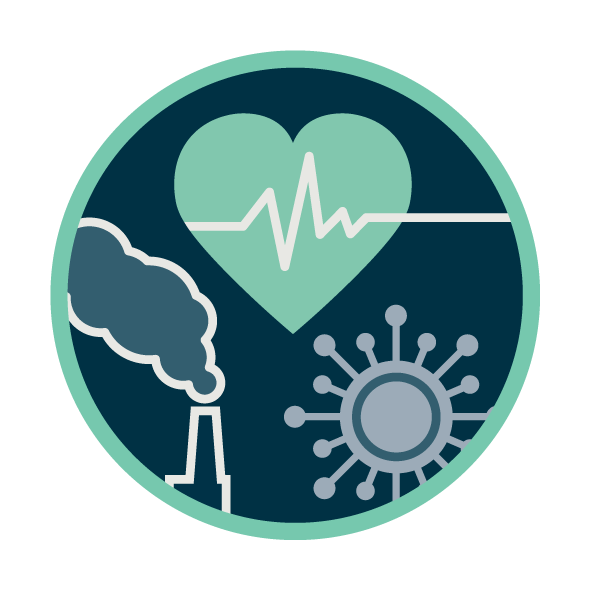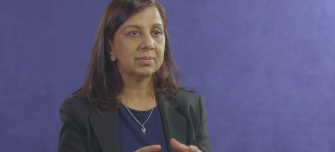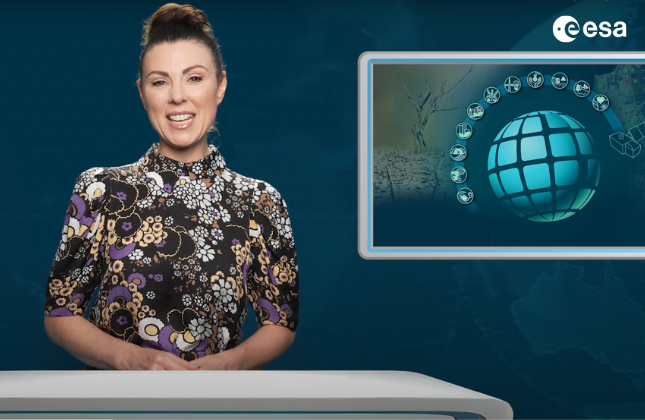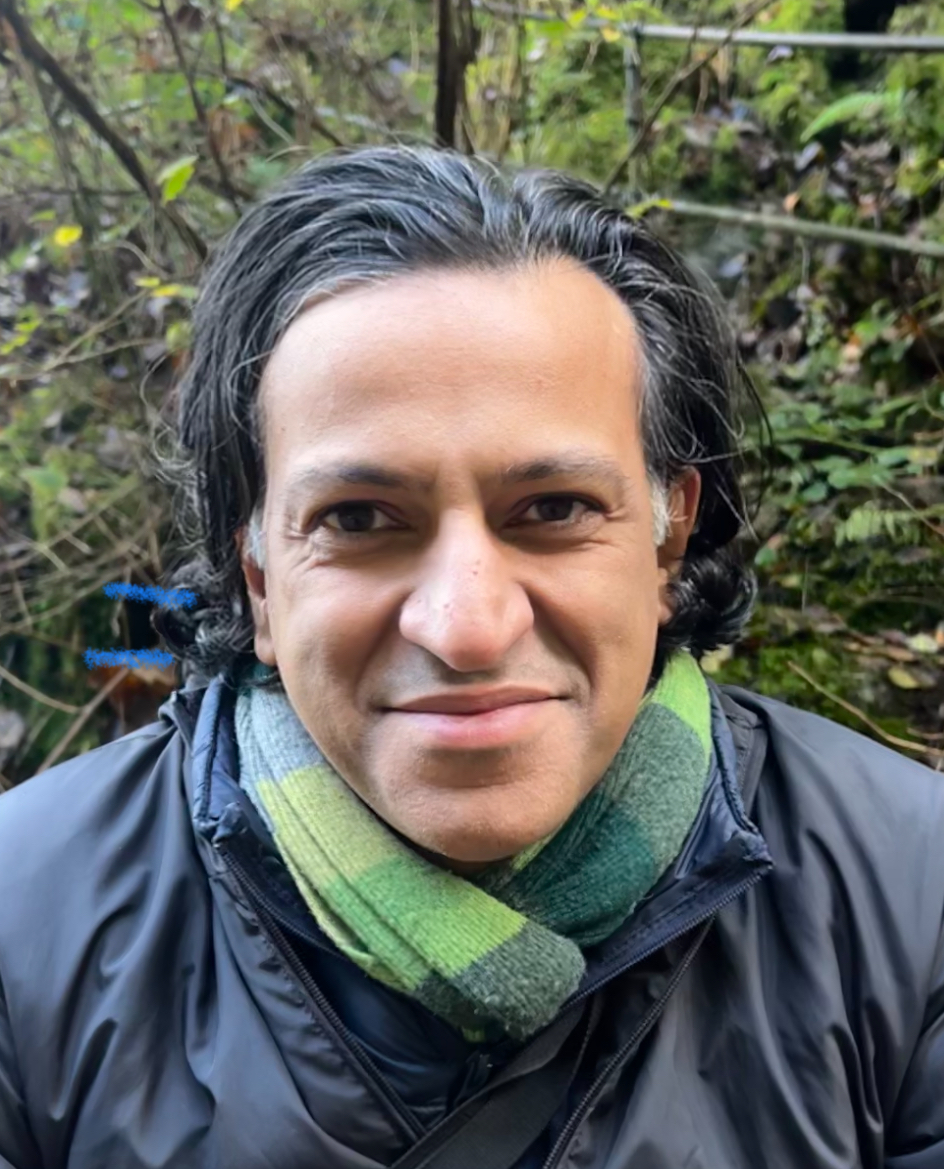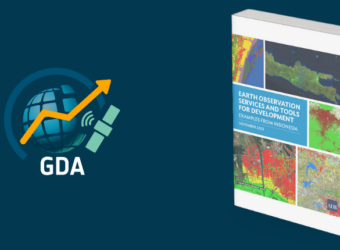The small coastal city of Palu, on the island of Sulawesi, sits at the end of a glorious bay, nestled at the interface of ocean and land. But in 2018, this idyllic corner of Indonesia was devasted by a simultaneous earthquake, tsunami and liquefaction event. The story of how its community has fought back, with the support of external agencies and the help of EO, is captured in a new short film from Imperative Space.
In early 2020, Imperative Space filmed for the first time in Palu, just 18 months after the 2018 earthquake. The disaster sites were still visibly in a state of ruin, and substantive infrastructural redevelopment activity had not yet begun. But the extraordinarily resilient community had already begun to bounce back and were looking to the future. Local residents and government agencies alike were making great strides towards rebuilding efforts and had opened their doors to external support as they looked for innovative solutions to their planning needs.
One of those residents interviewed was local Water Resources Engineer, Harry Mantong. He exemplified the highly motivated and dynamic nature of engineers, officials and planners in Central Sulawesi who understood the importance of data and were open to external ideas and expertise to help them rebuild.

A team of European EO service providers were also on-site in Palu at that time to provide capacity building and training activities under the Earth Observation for Sustainable Development (EO4SD) initiative in collaboration with the Asian Development Bank (ADB). The combination of these factors created the opportunity to capture multiple perspectives from service providers, the International Financial Institutions (IFIs), local agencies, government officials, and end-users, on the overall benefits and value of programmes such as EO4SD and its successor GDA (Global Development Assistance).
Harry’s passionate first-hand testimony for the 2020 filming spoke to the feelings of many local engineers and agency staff who benefited from the knowledge exchange and training activities, but who, as local residents that had suffered personally during the disaster, were also able to provide additional insights to the IFI officials and EO engineers on the ground.
Three and half years later, and with the reconstruction in Palu well underway, Imperative Space caught up with Harry to talk about his experiences since the first filming in 2020. Harry detailed the importance of the use of satellite data in on-going monitoring and reconstruction efforts, and the value brought to his agency through the capacity building and knowledge exchange activities made possible under the Space for IDA cooperation agreement. He emphasised the need for not only having access to EO data but also the skills development to enable effective utilisation of this data at a local level.
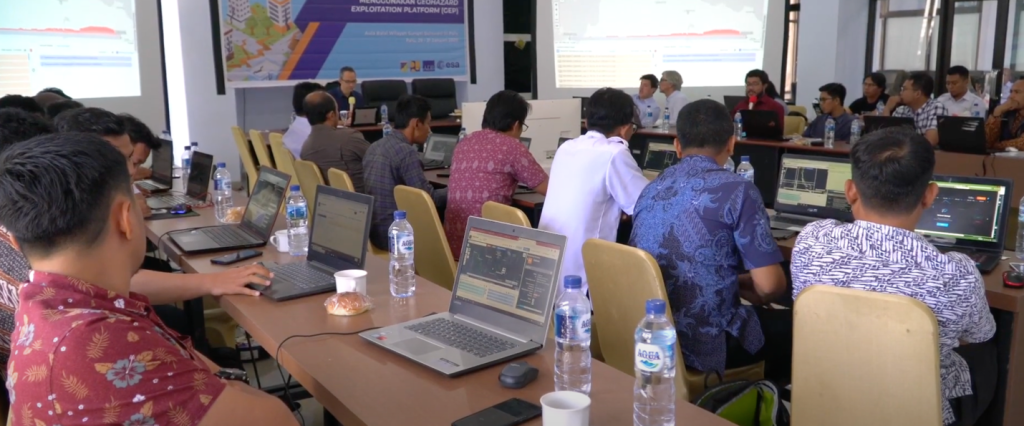
This new film, first shown at the GDA Industry Engagement Day in December 2023, combines clips from the original ‘Space for IDA MOOC’ videos produced by Imperative Space, the new interview with Harry and latest scenes from the reconstruction efforts in Palu. It highlights the tangible and crucial outcomes that are possible from programmes such as EO4SD and GDA, and provides a window into the wider impact of these international development initiatives.
(The ‘Space for International Development Assistance (IDA) MOOC’ (Massive Open Online Course) produced for ESA by Imperative Space (www.spaceforida-mooc.org), showcases the role of Earth Observation in development contexts and highlights the aims and principles of the Space for IDA cooperation framework, both on the ground in client states and in supporting operational decision-making).



